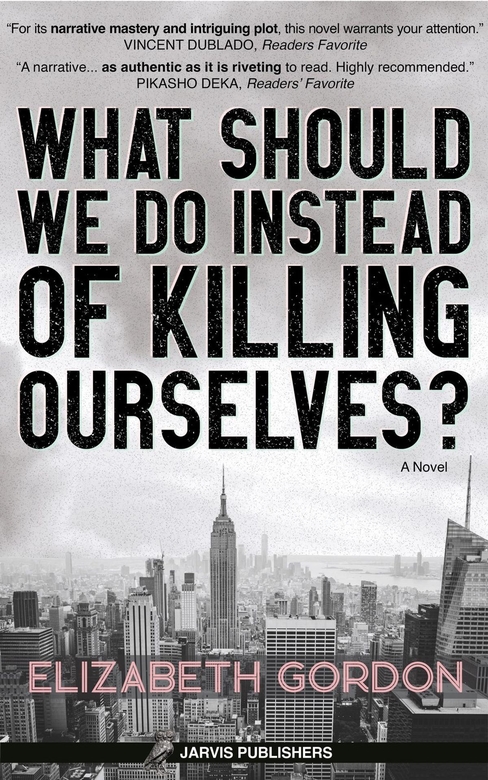 A brilliant crime thriller about a reader looking for a mysterious depressed author, Elizabeth Gordon’s What Should We Do Instead of Killing Ourselves? is a pitch-perfect publishing industry satire that deserves a wide audience
A brilliant crime thriller about a reader looking for a mysterious depressed author, Elizabeth Gordon’s What Should We Do Instead of Killing Ourselves? is a pitch-perfect publishing industry satire that deserves a wide audience
Liz, the novel’s young Black Caribbean narrator, is way too smart for her own good, holding down a miserable low-level position, and reading the slush pile for a publishing house in 2018 New York City. When a print submission comes across her desk, she can’t help but take a look, as the notebook claims to be a found object: the journal of an unknown suicidal author who’s likely not alive anymore. Liz, and her destructive boss Marcus, becomes obsessed with figuring out who wrote the notebook – a fixation that leads Liz down a dangerous path of internet sleuthing and bad decisions.
Liz ends up in Pittsburgh with a list of potential suspects for the journal’s author, and she tracks down these people’s loved ones, one by one. Of course, Marcus assumes that the notebook’s author has to be a man, while Liz is firmly on Team Woman. The so-called ultimate truth, of course, ends up being way more complicated, as Liz returns to the city and attempts to write a book based on her experiences, at Marcus’ request.
What Should We Do Instead of Killing Ourselves? completely blows more well-known recent titles with similar themes, like Mateo Askaripour’s Black Buck or Zakiya Dalila Harris’ The Other Black Girl, out of the water. Author Gordon pulls absolutely no punches when it comes to systemic social critiques, touching on subject matter such as using writing as a way to cope with suicidal ideation, the difficulty of keeping up with the grinding internet content mill, and how the toughness of New Yorkers is often fake pretension – especially when compared to the genuine grit and kindness of the working class people in an Appalachian city like Pittsburgh.
This novel isn’t always an easy read, as it openly discusses topics like anti-Muslim discrimination, fraught gender transitions, going clubbing and drinking at the age of 12, coping with severe mental illness, and struggling with the kinds of addiction that often lead to death and despair. However, like a lot of people trying to cope with depression, Gordon’s narrator Liz is also laugh-out-loud hilarious, whether she’s spitting lines about dull romance novels or trying to hit on guys working at the coffee shop. She also constantly questions everything, whether that’s her own motives or the intentions of everyone around her, making her an empathetic protagonist who you want to follow to her next observation.
The book ends on a note of provocation toward the reader, similar to the work’s very title, illustrating the book’s duality of melancholy and hope: we’re all in this mess together, but the real quandary is, what are we all going to do about it? Ultimately, in a political climate where women are often demonized in writing – and in life – for being too “unlikeable,” and where mainstream publishing is rapidly becoming even more of a monopoly, shutting out vital voices, What Should We Do Instead of Killing Ourselves? is not just a good read, but an important one.
Available At











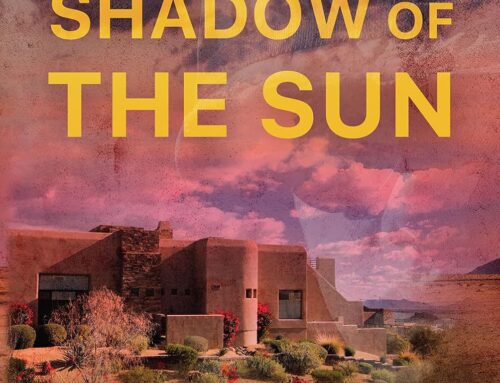

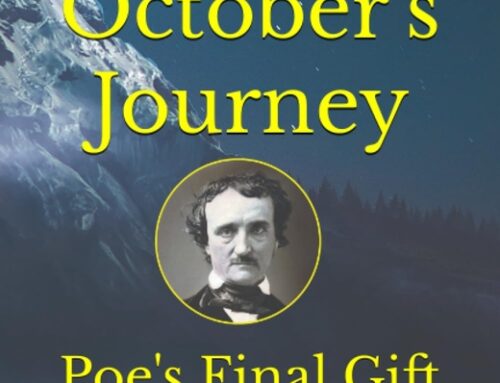

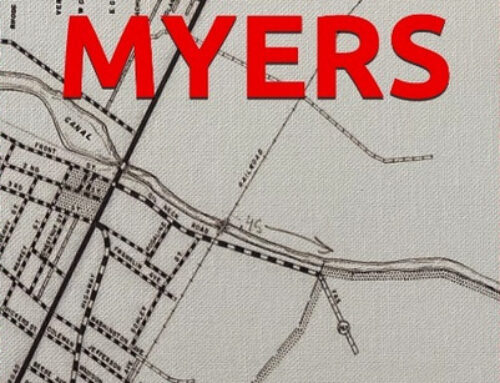

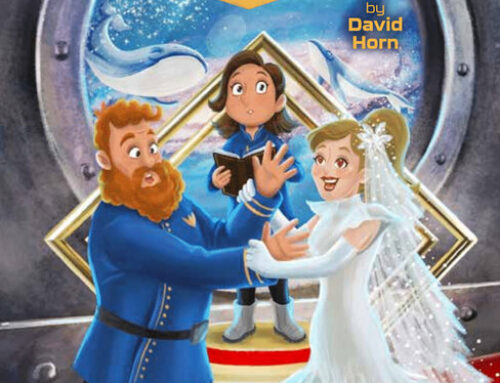
Leave A Comment